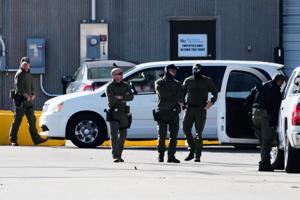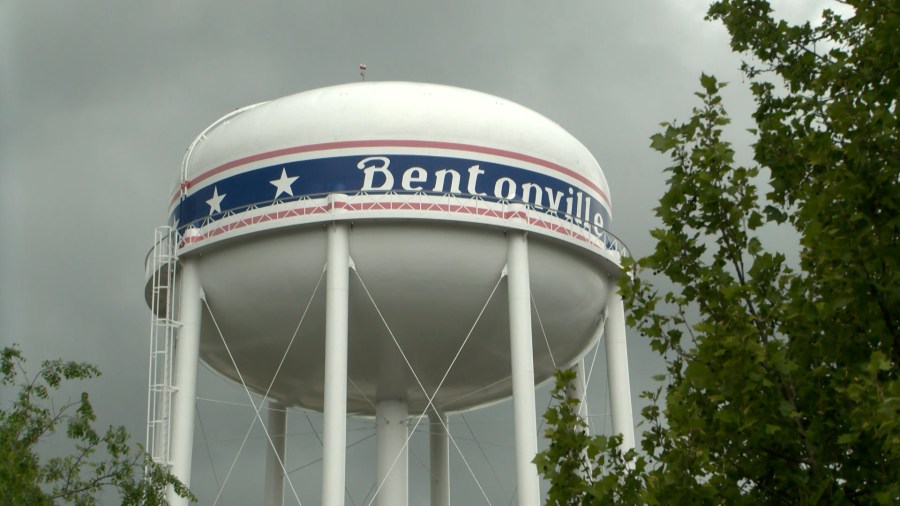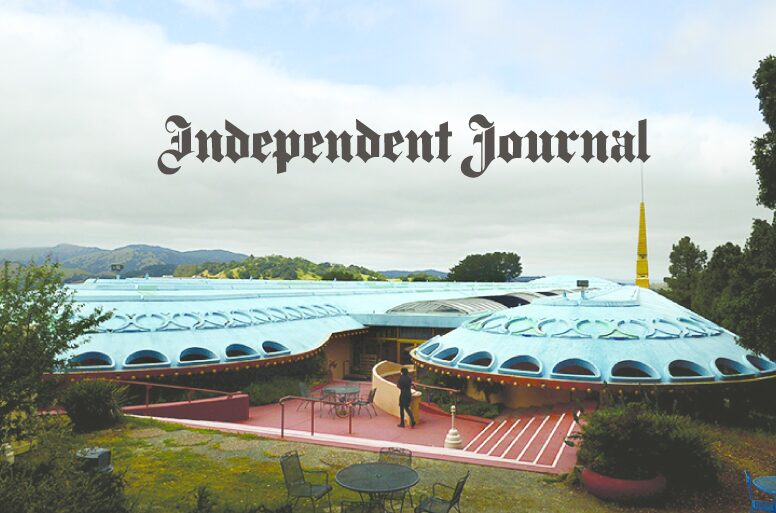UPDATE: The deployment of National Guard troops in Washington, D.C. and Portland, Oregon is currently under intense legal scrutiny as two separate court hearings unfold today. This urgent situation involves challenges in both the nation’s capital and West Virginia, raising critical questions about the use of military forces in civilian settings.
In Washington, D.C., a federal court is deliberating on the legality of the National Guard’s presence, following concerns from local officials and residents regarding potential overreach. Meanwhile, in Portland, a judge is set to rule shortly on whether to permit President Donald Trump to deploy troops in response to ongoing civil unrest. The outcome of these hearings could have immediate ramifications for public safety and civil rights.
Authorities report that the deployment in D.C. has stirred significant debate among lawmakers and activists. Critics argue that military intervention could exacerbate tensions, while supporters claim it is necessary for maintaining order. Just hours ago, officials from the National Guard emphasized their commitment to supporting local law enforcement in a non-combative role.
In Portland, the situation escalates as activists prepare for potential protests in response to the judge’s decision. The hearing is anticipated to conclude by the end of the day, with many community members anxiously awaiting the outcome. Local leaders are urging a peaceful resolution, highlighting the need for dialogue rather than force.
As these court hearings continue to develop, it is crucial for residents in both cities to stay informed about the potential implications of the rulings. The legal landscape surrounding the deployment of military troops in civilian areas is rapidly changing, and these decisions could set significant precedents.
Next steps: Watch for updates as the courts make their rulings. Community reactions are expected to unfold rapidly, and this story is likely to evolve throughout the day. The impact on public safety and civil liberties remains a pressing concern, making this a critical moment for both D.C. and Portland.







